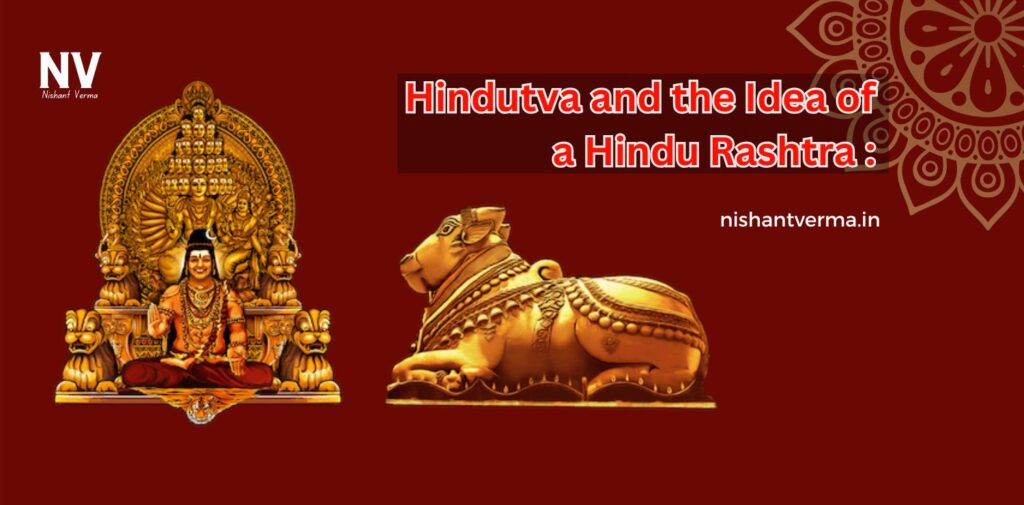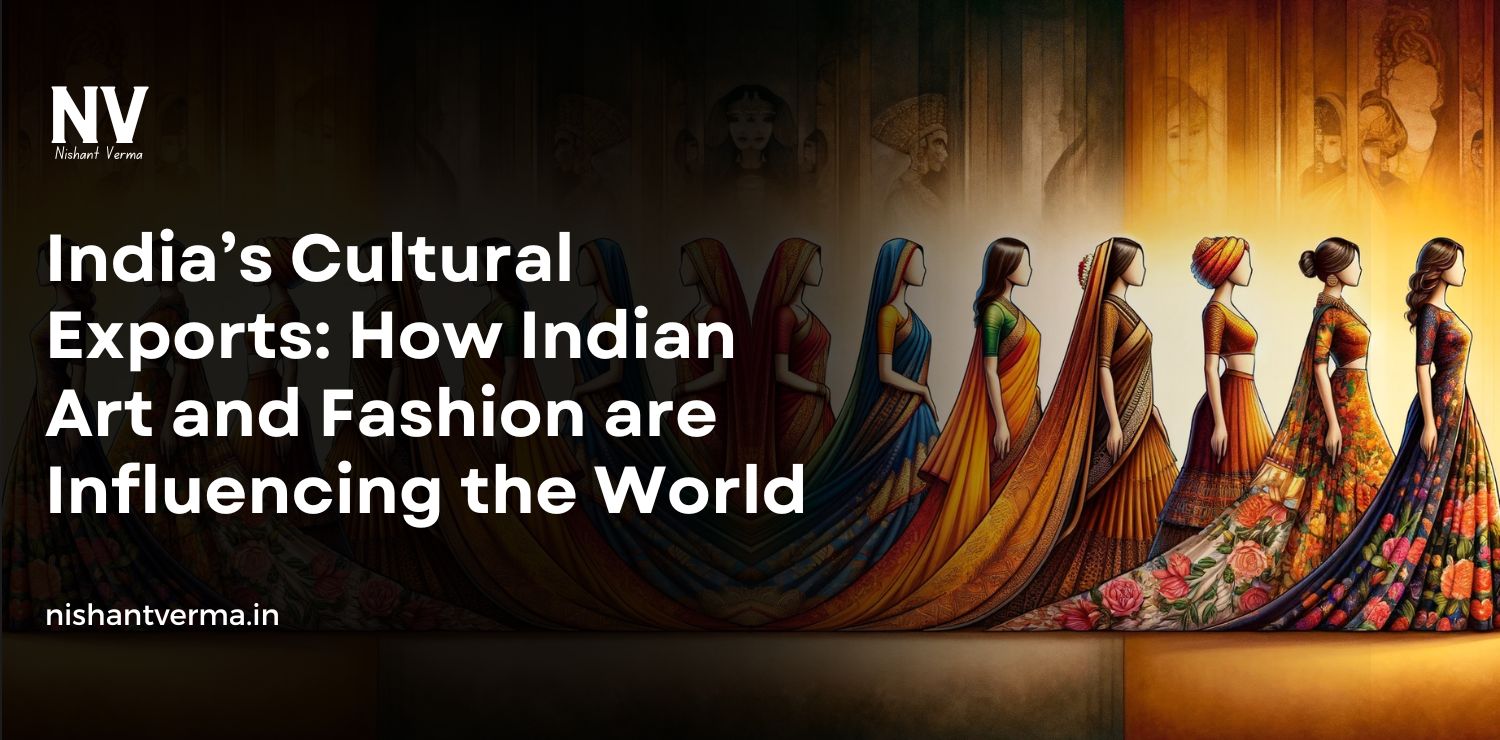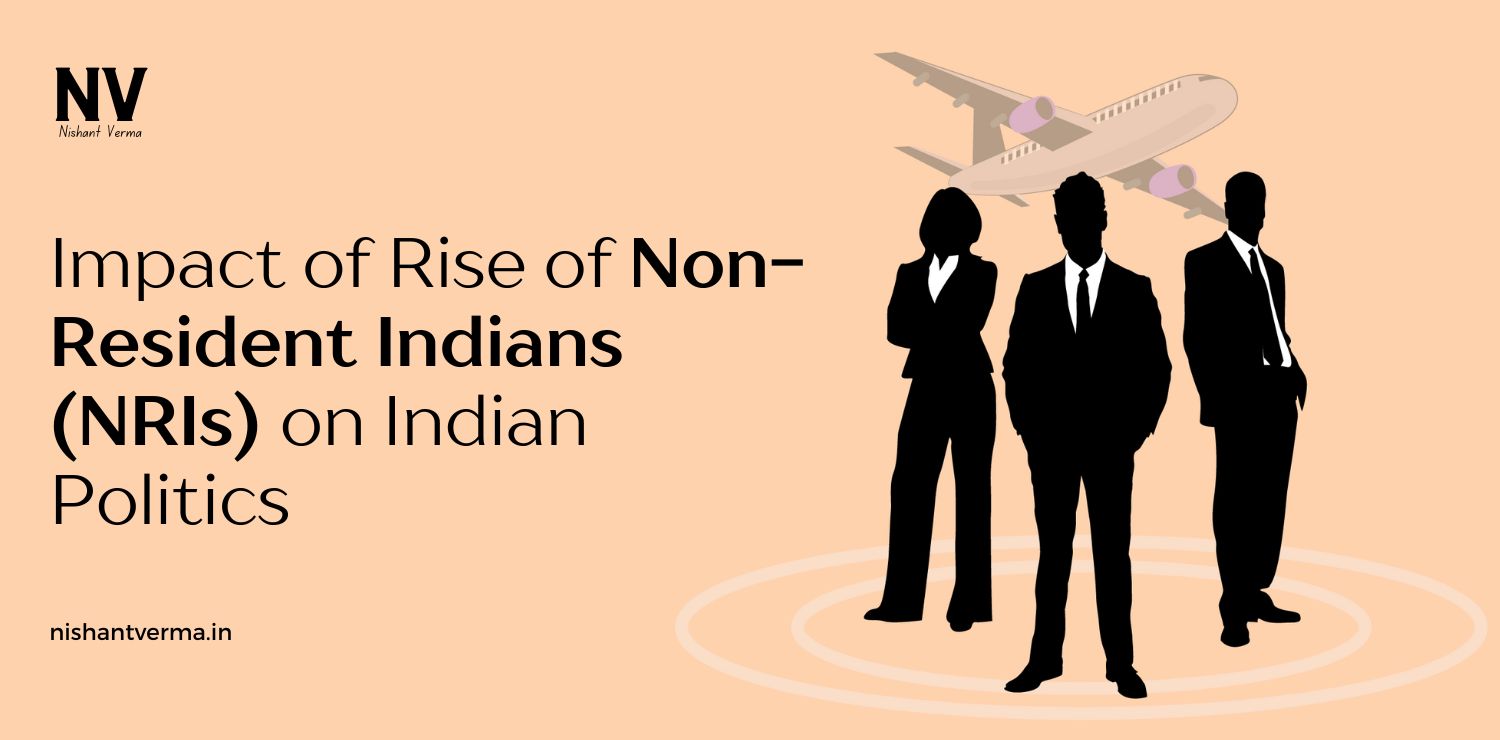India is a country with a rich and diverse cultural heritage. It is home to various religions, languages, and traditions. Among the many ideas that have shaped the country’s political and social life, Hindutva and the concept of a Hindu Rashtra (Hindu Nation) have been central to many debates, especially in recent years.
What is Hindutva?
Hindutva is an ideology that was first articulated by Vinayak Damodar Savarkar, an Indian freedom fighter, in his book Hindutva: Who is a Hindu? published in 1923. The term “Hindutva” can be translated as “Hindu-ness” or “the essence of being Hindu.” According to Savarkar, the Hindu identity is not just about religion but also about culture, ethnicity, and geography. He argued that anyone who considers India their homeland and adheres to Hindu culture is a Hindu, regardless of religious practices.
Savarkar’s vision was of a unified Hindu society where the values, customs, and practices of Hinduism would form the backbone of the nation. The idea of Hindutva is often associated with the promotion of Hindu culture, values, and a vision of India as a land that is primarily for Hindus, both culturally and politically.
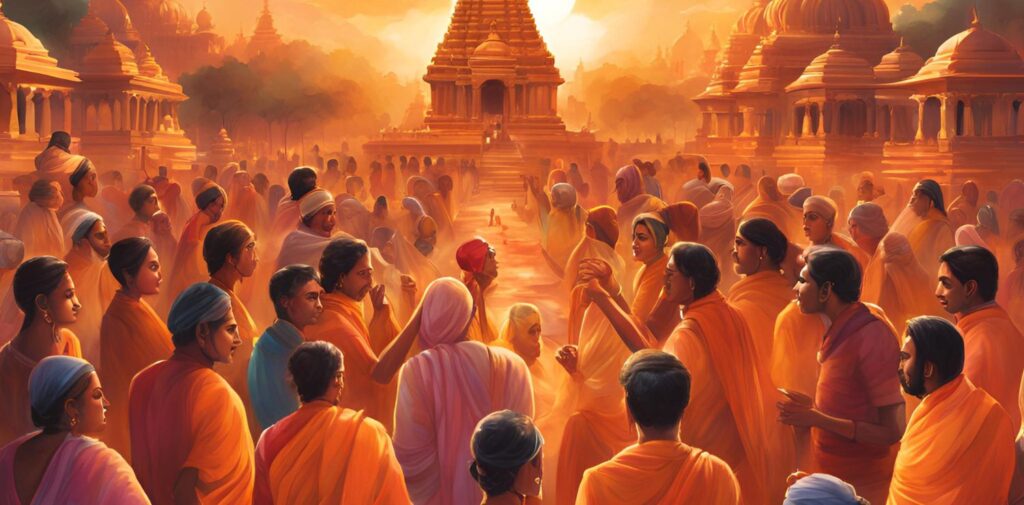
What is a Hindu Rashtra?
The idea of a Hindu Rashtra takes the ideology of Hindutva a step further. It suggests that India should be officially recognized as a “Hindu Nation,” where the political, social, and cultural life of the country would be guided by Hindu principles. Supporters of this idea argue that India, which has a majority Hindu population, should have a system that reflects Hindu values and traditions at the core of its governance and laws.
A Hindu Rashtra would, in this vision, not necessarily mean the banning or suppression of other religions, but it could prioritize Hindu culture and values in the public sphere. Some advocates see it as a way to bring unity to the country, where a shared cultural identity based on Hinduism can help overcome India’s divisions and complexities.
Arguments in Favor of Hindutva and Hindu Rashtra
- Unity in Diversity: Proponents argue that India’s majority Hindu population should have a central place in the country’s identity. They believe that Hindutva can provide a strong sense of unity and pride, helping to overcome divisions in a society that is often marked by ethnic, linguistic, and religious differences.
- Cultural and Civilizational Roots: Supporters of a Hindu Rashtra often point out that Hinduism has deep historical and cultural roots in India. They argue that India’s civilization is closely tied to Hindu traditions, and a Hindu Rashtra would be a way to honor and preserve these ancient cultural practices.
- National Identity: Some believe that Hindutva can serve as the foundation for a strong national identity, helping the nation reclaim its cultural heritage from colonial influences and the dominance of foreign religions. They feel that India’s history as a land of Hindu civilization should be acknowledged more fully.
- Protection of Hindu Interests: There are also concerns among some Hindus that their cultural and religious practices are being marginalized in a country that is increasingly diverse and secular. A Hindu Rashtra, in their view, could help protect these interests and safeguard Hindu traditions.
Arguments Against Hindutva and Hindu Rashtra
- Threat to Secularism: India has long been known for its secular Constitution, which guarantees equal rights to all citizens, regardless of their religion. Critics of Hindutva and a Hindu Rashtra argue that it could undermine this secular framework, leading to discrimination against religious minorities such as Muslims, Christians, Sikhs, and others.
- Exclusion of Non-Hindus: Opponents fear that the idea of a Hindu Rashtra could marginalize non-Hindu communities and create a sense of exclusion. While Hindutva advocates say that all citizens of India are welcome, critics argue that the vision of a “Hindu Nation” could make non-Hindus feel like second-class citizens, as the state may be seen as prioritizing one religion over others.
- Diversity at Risk: India is a country with vast religious, linguistic, and cultural diversity. Many believe that the imposition of a single cultural identity could harm the pluralistic fabric of the nation. India’s strength lies in its diversity, and pushing for a Hindu Rashtra might reduce this diversity, causing tensions between different communities.
- Potential for Communal Tensions: The rise of Hindutva is sometimes linked to increased communal violence between Hindus and religious minorities. Critics worry that a stronger focus on Hindutva could fuel religious intolerance and lead to divisions and conflicts that threaten social harmony.
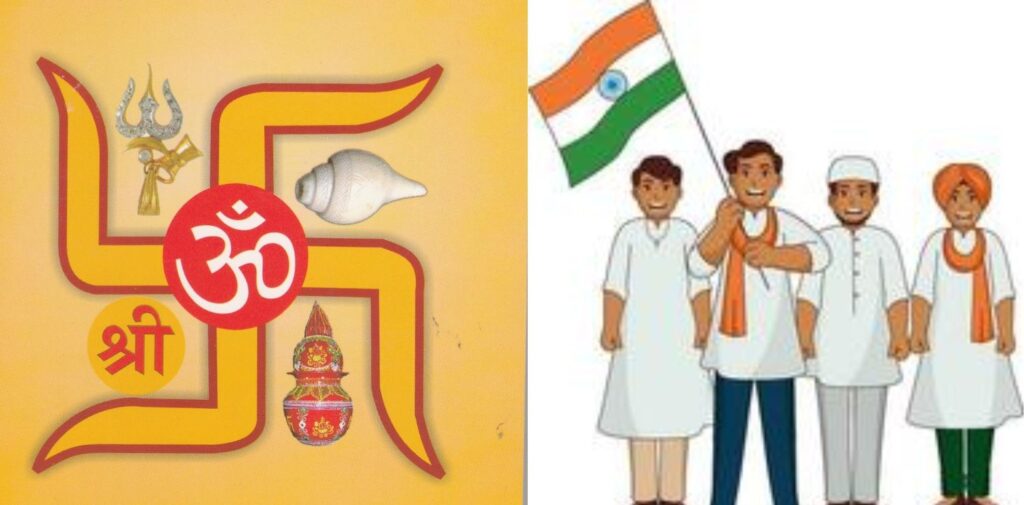
Hindutva and Hindu Rashtra in Contemporary India
In recent years, the ideas of Hindutva and Hindu Rashtra have gained prominence, particularly with the rise of political parties and movements that advocate for these ideas. The Bharatiya Janata Party (BJP), led by Prime Minister Narendra Modi, has been associated with the promotion of Hindutva, and several of its leaders have expressed support for the idea of a Hindu Rashtra.
However, these ideas are still controversial, with many people, including politicians, academics, and social activists, expressing concerns about their potential to divide the nation. The debate continues to evolve, with supporters arguing that a Hindu Rashtra could restore India’s cultural pride and unity, while critics fear it could erode the nation’s pluralistic values.
Conclusion: A Complex and Ongoing Debate
The idea of Hindutva and the vision of a Hindu Rashtra present a complex and ongoing debate about India’s future. For some, it represents a path to cultural revival and national unity. For others, it raises concerns about exclusion, discrimination, and the erosion of India’s secular character.
As India moves forward, the challenge will be finding a way to reconcile the diverse aspirations of its people while maintaining the values of equality, justice, and freedom that are enshrined in its Constitution. Whether or not India becomes a Hindu Rashtra, the conversation about Hindutva and its implications will likely continue to shape the country’s political and social landscape for years to come.

